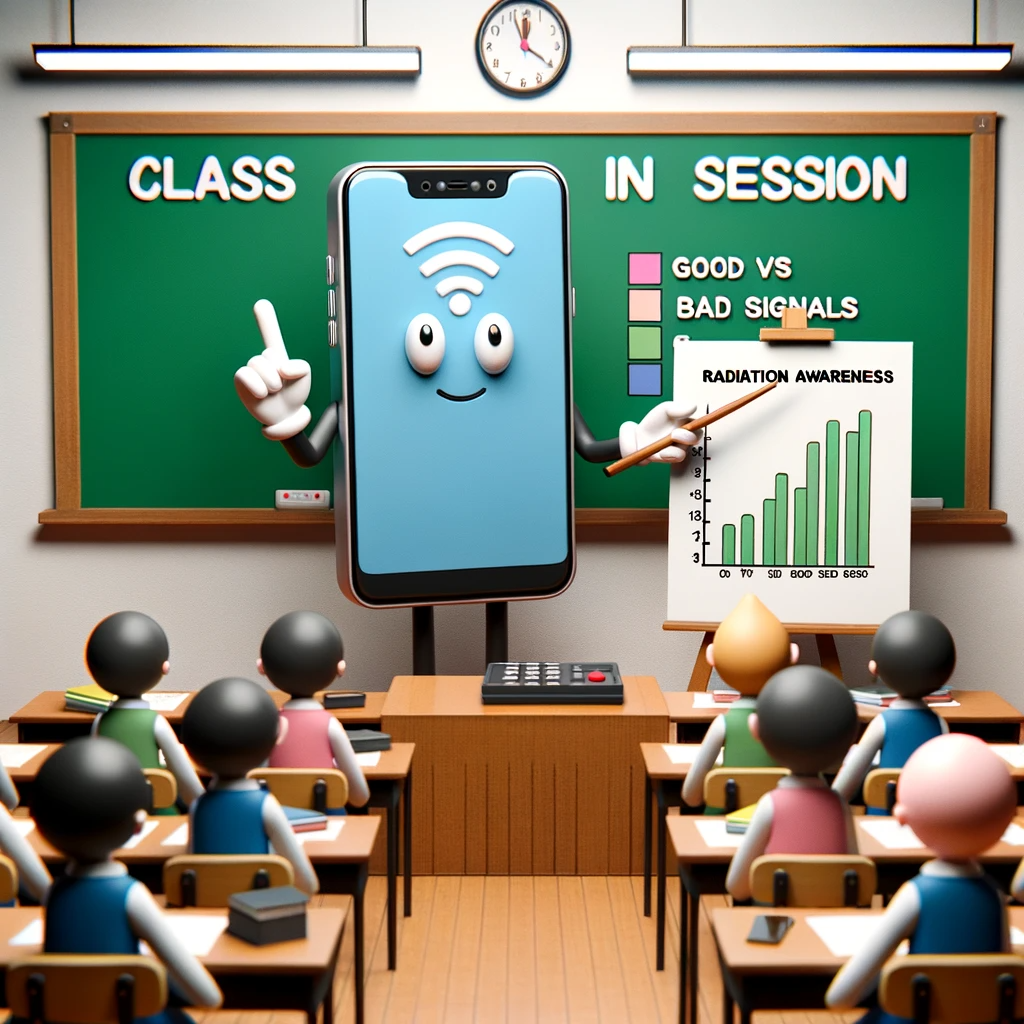LONDON — From next week, a sweeping change will greet millions of students in England: they’ll either have to leave their mobile phones at home or submit them to their teachers upon arrival.
Education Secretary, Gillian Keegan, unveiled this controversial policy, asserting it aims to curb distractions, foster concentration, and combat cyberbullying. Keegan highlighted several studies pointing to the detrimental effects of excessive mobile phone use on students’ academic performance and mental health.
“Our goal is clear: we want our students present, both physically and mentally, in the classroom. It’s time we eliminate unnecessary diversions and detrimental influences,” Keegan emphasized.
This move isn’t spontaneous; it’s the culmination of years of heated debates surrounding mobile phones’ impact on education. Some schools had already instituted bans or set limitations, but this policy mandates a consistent approach across all state schools in England. However, the specifics of enforcement will be left to individual schools, with confiscation being the likely response to violations. Notably, this ban doesn’t extend to private schools, nor will it affect unique situations like emergencies.
There’s a clear divide in response. Many educators, parents, and experts herald the decision as a protective measure against the pitfalls of phone misuse. Tom Rogers, an educator and founder of RogersHistory.com, shared his firsthand experience: “Phones undeniably disrupt learning. From incessant message-checking to online bullying, their presence is often more harmful than beneficial.” Rogers believes the ban will pave the way for students to be more engaged, respectful, and focused on their studies.
However, not everyone is in favor. Some students, parents, and digital rights advocates argue that this decision infringes upon personal rights and freedoms. Jake Smith, a 15-year-old student, voiced his concerns: “Mobile phones aren’t just distractions. They’re tools for research, creativity, and expression.” He adds that a blanket ban might not address the root causes of the challenges schools face with technology.
Lily Chen, a parent, pointed out the need for a balanced approach. “While it’s essential to monitor and regulate phone usage, we shouldn’t completely rob students of an essential modern tool. There must be a middle ground that respects the educational needs of today’s digital age.”
Internationally, this is not a unique move. France, in 2018, prohibited mobile phones in primary and middle schools, barring specific educational or emergency scenarios. Similarly, in 2023, Finland instituted a ban, motivated by declining exam results. Even outside of school contexts, mobile phones are under scrutiny. France’s National Frequency Agency (ANFR) recently flagged the iPhone 12 for emitting electromagnetic radiation exceeding EU regulations.
The global conversation on mobile phones in educational settings is far from over. With strong arguments on both sides, the debate continues: are mobile phones aids or impediments in our educational journey? The world watches England’s decision keenly, waiting to see its effects unfold.








